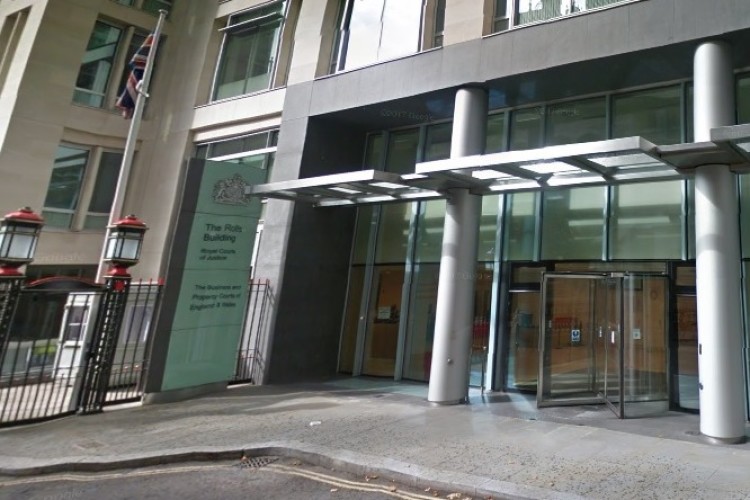A decision from earlier this year in the Court of Appeal has considered the enforceability of contractual alternative dispute resolution (ADR) processes. In Kajima Construction (Europe) UK Ltd and Kajima Europe Ltd v Children’s Ark Partnership Ltd [2023] EWCA Civ 292the court determined that the ADR clause in question was not enforceable – put simply, it was not sufficiently clear.
Background
A National Health Service Trust engaged Children’s Ark Partnership (CAP) to design, build and finance the redevelopment of a children’s hospital under a PFI contract. CAP subcontracted its design and construction obligations to Kajima Construction under a bespoke building subcontract. The agreement contained an ADR procedure by reference to a liaison committee in the event of a dispute, which was imported into the contract.
Issue
Following the 2017 Grenfell Tower fire, it was discovered there were cladding and fire related issues with the hospital. In December 2018 Kajima began remediation works extending into 2022 on a without prejudice basis. Under the contract, the limitation period was to end on 2nd April 2019, but in March 2019 the parties extended this period via a standstill agreement, which was subsequently extended on several further occasions.
In November 2021 Kajima informed CAP that it considered the remediation to be largely completed and did not wish to extend the standstill agreement any further. CAP rejected the extent to which Kajima said the works had been remediated and ,in order to protect its own position, issued a claim against Kajima and Kajima Europe Ltd (which had guaranteed the work).
In its particulars, CAP sought damages for its liabilities to the trust under the agreement.At about the same time, CAP stated to Kajima that it would convene the liaison committee as part of the dispute resolution process and issued an application to stay the court proceedings for two months to enable compliance with the ADR process. On that same day, Kajima made an application to strike out the proceedings, arguing that CAP had failed to go through the correct ADR provisions before commencing proceedings.
The court’s decision

In the first decision in the Technology & Construction Court (TCC), the court said that while it was a condition precedent to bringing proceedings that the ADR process had been followed, the clause itself was not enforceable.
When it came to enforceability, the court made a general note that it ought to seek to uphold the agreement made between parties. However, where there is uncertainty regarding the enforceability of ADR provisions and the prospect of proceedings being stayed or struck out, the TCC determined that it ought not shy away from considering whether the ADR provision is enforceable.
After running through the relevant case law, the Court of Appeal subsequently agreed with the TCC as to why the clause was not enforceable – it did not comply with the minimum requirements that case law had previously established, particularly:
- description of the process to be followed;
- no unequivocal commitment to engage in an ADR process;
- it was unclear how either party could refer a dispute to the liaison committee;
- given that the ADR process by reference to a liaison committee was directly copied from the agreement to the contract, it was unclear what impact a decision of the liaison committee would have on Kajima; and
- it was also unclear when the process of referral to the liaison committee came to an end.
The court also noted the absurdity of a situation whereby Kajima could be bound by the decision of a liaison committee that was convened under a separate agreement and under which it had no input on.
In terms of what could be considered the ‘default remedy’ where proceedings are issued, and where an ADR provision is contained in a contract, the Court of Appeal set out that courts have inherent authority to stay proceedings in contractual ADR breach claims. The court held that a stay of proceedings rather than a strike out would also have been an appropriate remedy if the ADR clause was enforceable.
Conclusion
This decision is an important reminder that clear contractual drafting is essential for parties seeking to rely on express terms contained within a contract. It should also be a reminder that in contractual structures where a party may sub-contract out a large portion of its obligations, simply passing down an ADR mechanism form one contract to a sub-contract without thought is unlikely to be appropriate. Given the contract was bespoke, it is not yet known what affect the decision will have on the more common, standard form contracts used in the industry.
Got a story? Email news@theconstructionindex.co.uk



